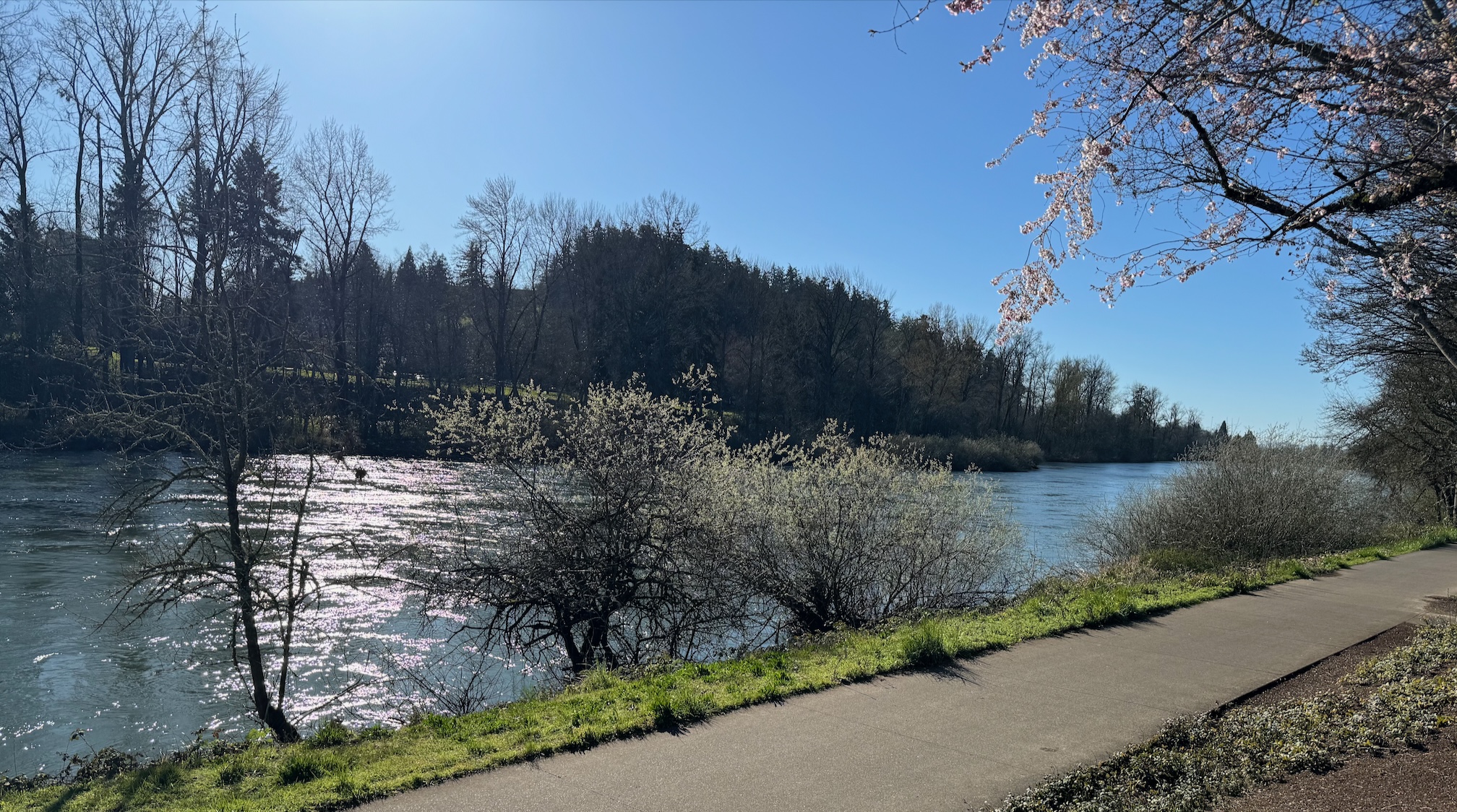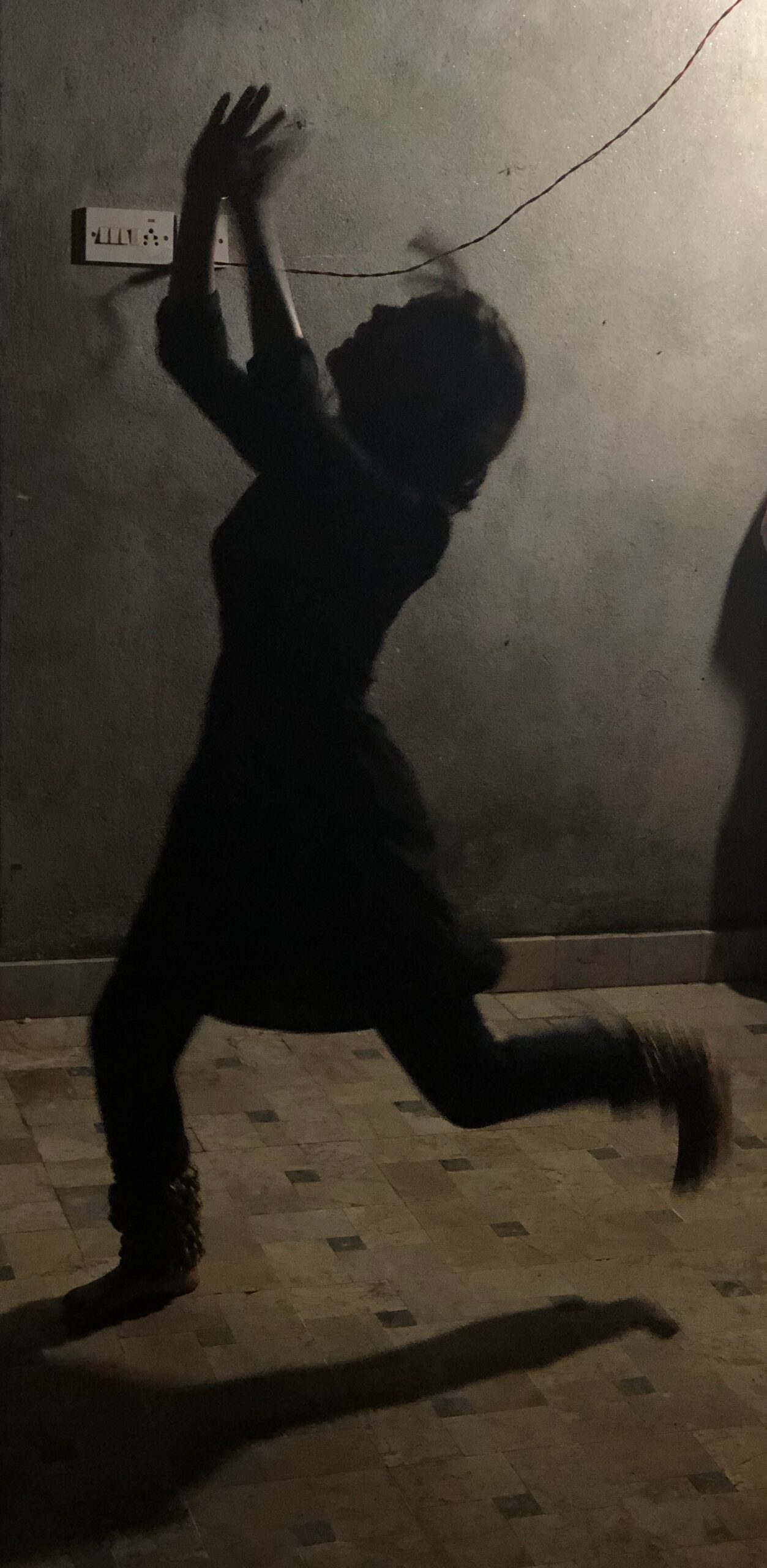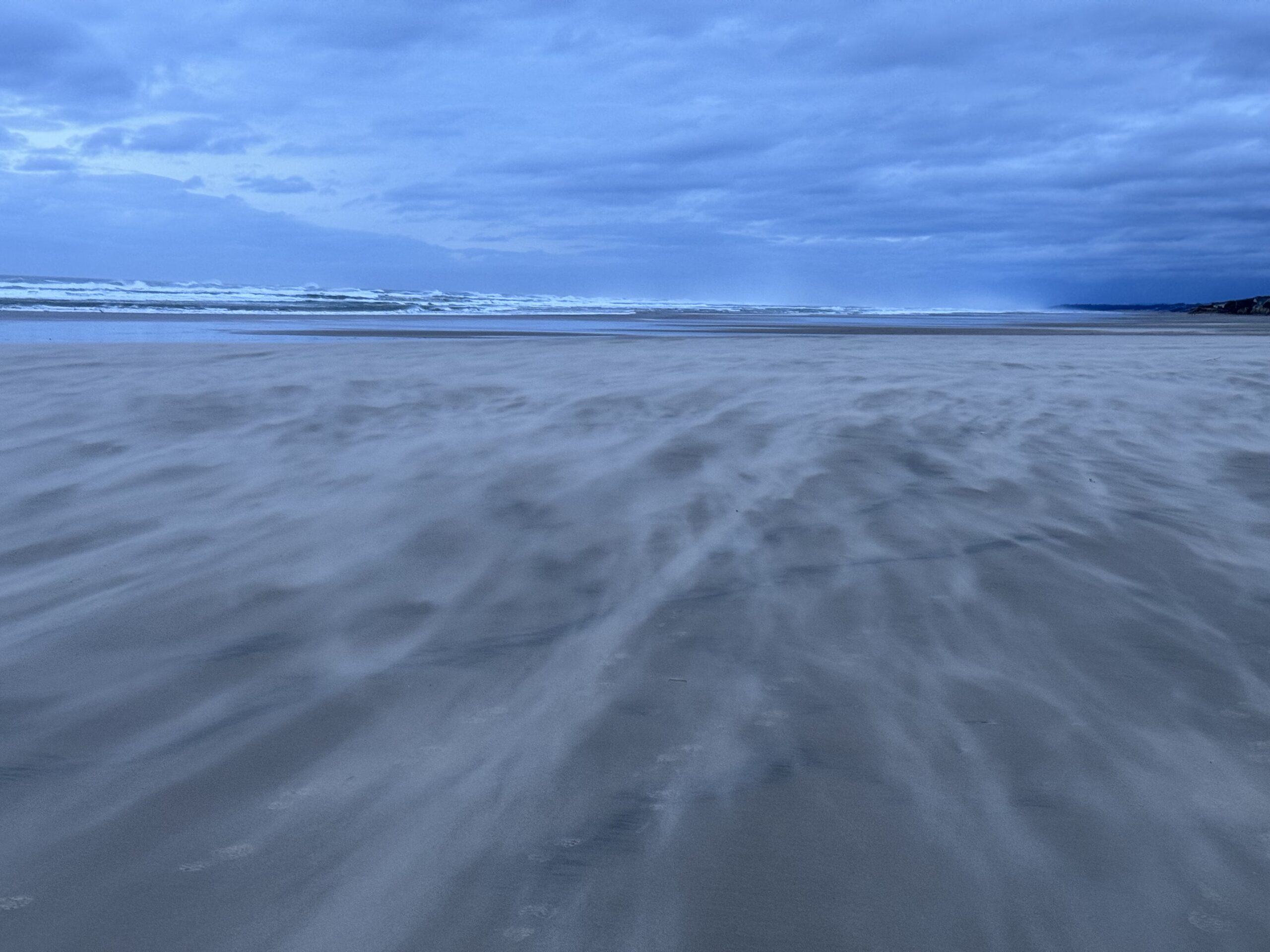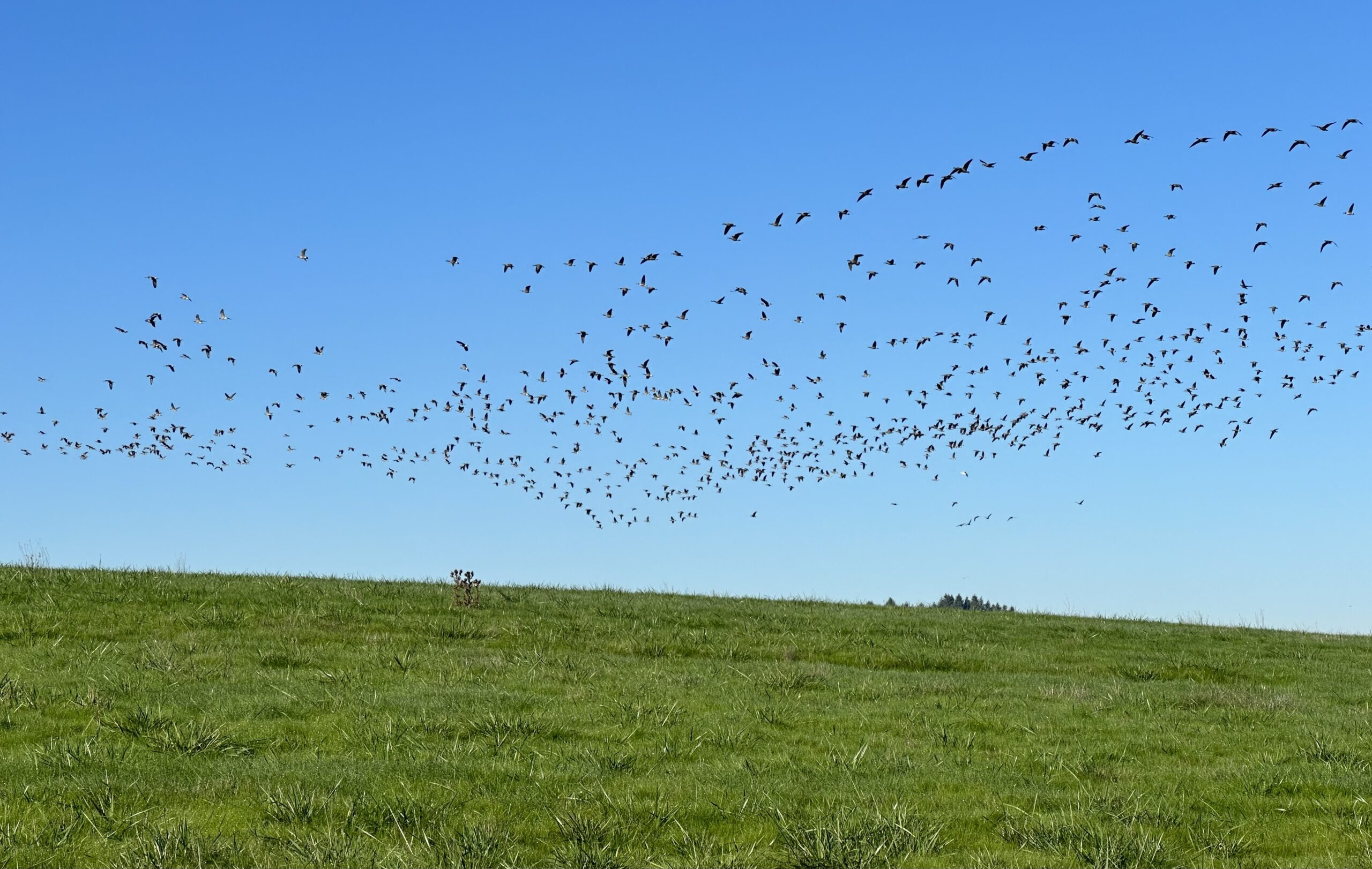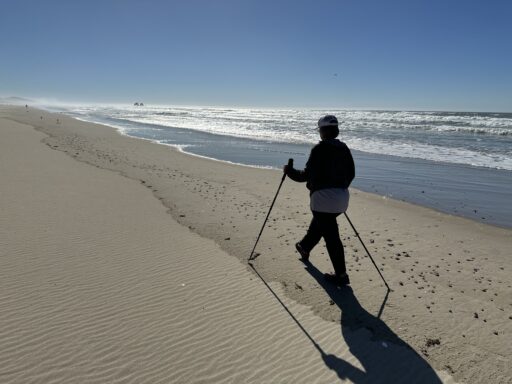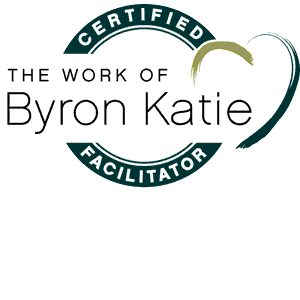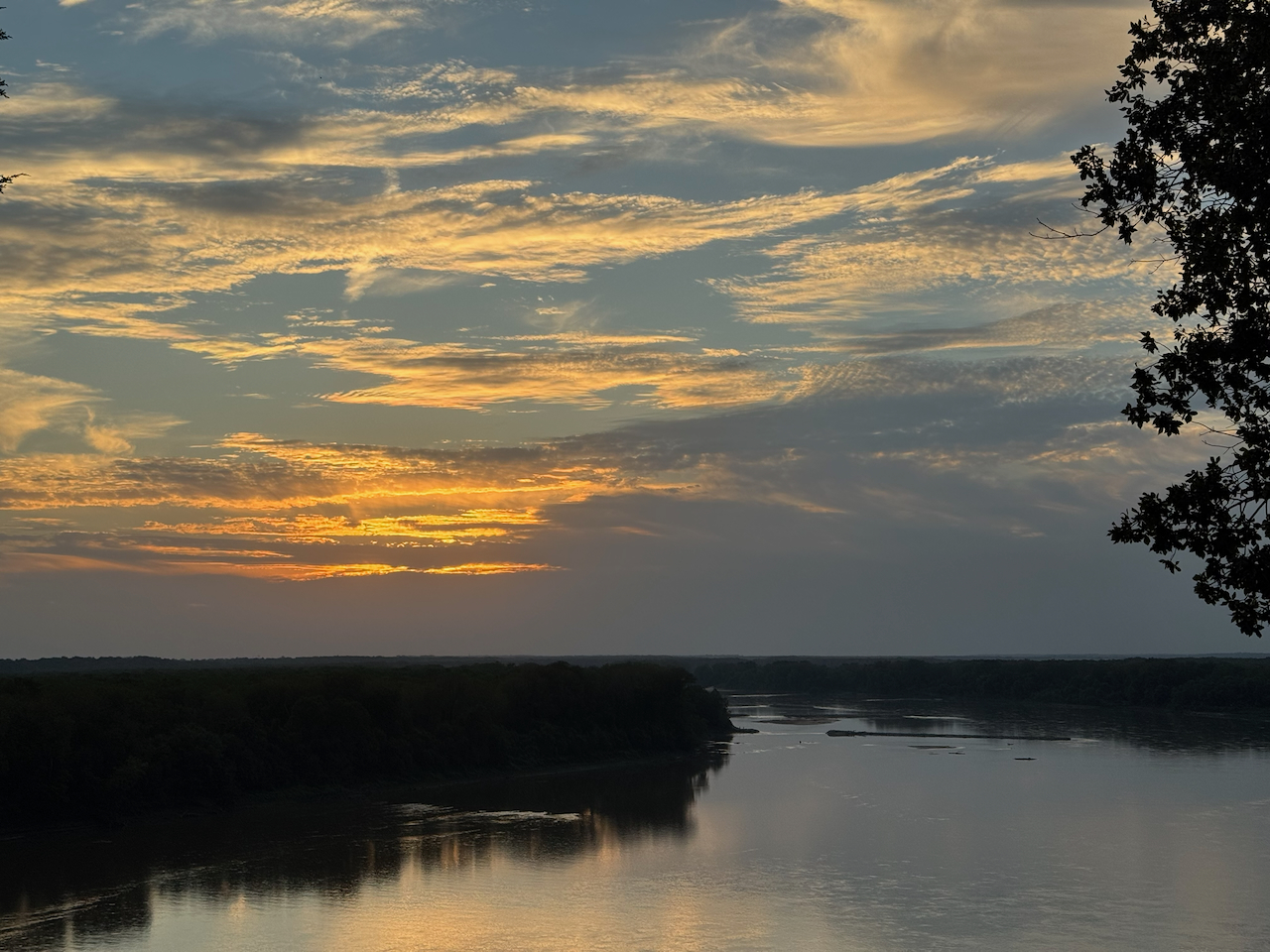
Happy Thanksgiving!
This is my favorite season for self-reflection. My current reflections have taken me back fifty years.
It’s 1976. I’m 28 years old and already I’ve accomplished every image of success I’ve made up in my head. Happy marriage. Meaningful and creative profession. Cute home in a community and state I adore. Check. Check. Check.
But something feels wrong at the core and I’m starting to blame my existence itself. Desperate, I reach out to family, friends, teachers, casual acquaintances. Each of them offers up a roulette wheel of theories. Saturn Return. Quarter-Life Crisis. Crisis of Faith. Existential Crisis. Spiritual Emergency. Spiritual Emergency. What is this thing called Spiritual? I wonder, desperate to escape the daily cocktail of depression spiked with anxiety.
I‘ve vowed to explore anything that might pull me out of this quicksand. But spirituality?Wasn’t that a part of religion? My childhood experience offered only self-righteous dogmatism. I got curious and curiouser. I came across a study about saints and paranoids that left me intrigued.
Two dissimilar groups of people, paranoid patients under psychiatric care and holy people or saints, wound up in the same category on a reputable personality inventory. Researchers coined a word, Pronoia, for the second category. What the two groups seemed to have in common was a belief in an orderly Universe. But instead of being driven by a paranoid mental life full of fear and anxiety about an unsafe world, those in the Pronoia group seemed to be united by a belief that all is just as it should be.
About that time, I came across words attributed to Albert Einstein: There are only two ways to live your life. One is though nothing is a miracle and the other is as though everything is a miracle. My gut told me that this kind of hopefulness would be a game changer. Instead of believing the universe is dangerous, why not flip the script and watch for hopeful signs and practices?
I set up a little experiment for myself. I began by recording “everyday miracles” in a little journal by my bed. At first I wrote about coincidences like running into a friend just as I thought about her or finding a missing locket. It quickly grew to include birds and squirrels. Then babies. More and more the list took the form of what would later be called a Gratitude Journal. One day a glimpse of a sunrise over the faraway mountains absorbed my attention completely, bringing me the relief of tears. A Mystic was born. A Pronoid Mystic.
In recent years larger forces for healing have shaped my bedtime list, guiding me through the deep waters of life. Year after year the list has grown well beyond my limited early understanding.
I think of it as Deep Gratitude. A celebration of appreciation and a recognition of miracles little and big. May these be the seasonings of your Thanksgiving.





